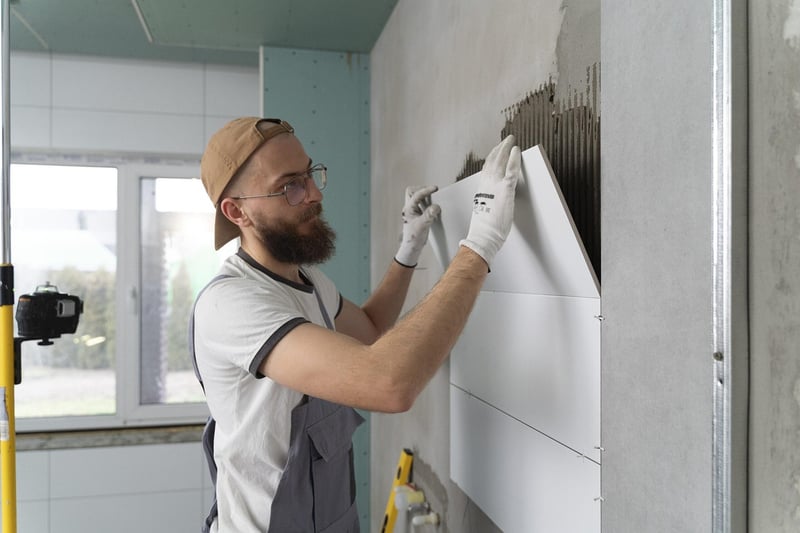Restorative
The Importance of Physical and Mental Well-being for Restorative Health
In today's fast-paced world, it's easy to neglect our physical and mental well-being. However, taking care of both aspects is crucial for maintaining overall health and achieving a sense of restoration and balance in our lives.
Physical Well-being
Physical well-being encompasses various aspects of our health, including exercise, nutrition, and adequate rest. Regular exercise not only helps in maintaining a healthy weight but also reduces the risk of chronic diseases such as heart disease and diabetes. Additionally, a balanced diet rich in fruits, vegetables, and whole grains provides essential nutrients to fuel our bodies and keep us healthy.

Mental Well-being
Our mental health is equally important as our physical health. Stress, anxiety, and depression can take a toll on our well-being if not addressed. Engaging in activities that promote relaxation, such as meditation or yoga, can help reduce stress levels and improve mental clarity. Seeking support from friends, family, or a mental health professional is crucial in maintaining good mental health.

Restorative Health
Restorative health focuses on restoring and rejuvenating both the body and mind. By incorporating practices that promote physical and mental well-being, such as regular exercise, healthy eating, meditation, and self-care, individuals can achieve a state of balance and restoration. Taking time for oneself, engaging in hobbies, and getting adequate rest are all essential components of restorative health.
Remember, prioritizing your physical and mental well-being is not a luxury but a necessity for leading a fulfilling and healthy life. Take small steps every day to care for yourself, and you'll reap the benefits of improved overall health and well-being.

